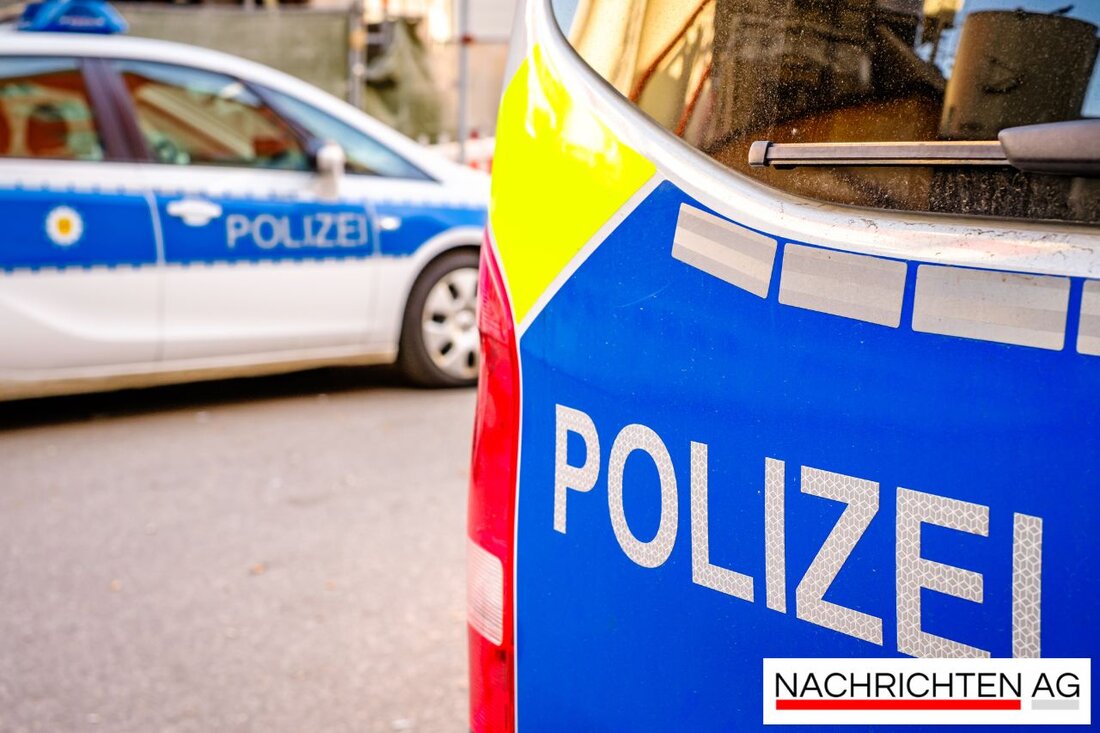Berlin becomes the capital of freedom: the first Freedom Week starts!
Experience the first Berlin Freedom Week from November 8th to 15th, 2025 with over 130 events on freedom and democracy in Berlin.

Berlin becomes the capital of freedom: the first Freedom Week starts!
Berlin is preparing for an important week: the first Berlin Freedom Week will take place from November 8th to 15th, 2025, which aims to make the city the global capital of freedom. To mark the anniversary of the fall of the Berlin Wall on November 9th, Berlin's historical heritage will be celebrated by organizing over 130 events in more than 80 locations. These events include conferences, cultural events, film screenings, workshops and tours. Daily Mirror reports that the centerpiece of the week will be the Berlin Freedom Conference on November 10th in the Gasometer on the EUREF campus, where more than 60 speakers from politics, business, science, civil society and the media will discuss freedom and democracy.
The prominent speakers include Rainer Eppelmann, Bundestag President Julia Klöckner and Nobel Peace Prize winner Maria Corina Machado. This event is intended to help position Berlin as an international stage for committed voices and ideas. An important preliminary event is the Tagesspiegel conference “The East”, which took place on November 4th. On November 9th, the rbb Inforadio will also host the discussion “Can Germany unite Europe?” take place.
Criticism of freedom research in Germany
Despite the important events, the lack of world-class institutes that systematically deal with the issue of freedom is criticized. In Germany there is also no highly endowed prize that honors people for their contributions to freedom. These deficits will be addressed as part of Freedom Week in order to sharpen the social debate and mobilize public opinion.
An increase in crime in Berlin
However, alongside the celebrations of freedom, Berlin also faces serious challenges. A new report shows that the number of murder and manslaughter crimes recorded in 2024 rose to 53 - an increase of 19 cases compared to the previous year. Berlin.de highlights that the increase of 52 percent even increases to 117 cases when attempted homicides are included.
Particularly striking is a series of ten murders that are blamed on a palliative care doctor who is said to have victimized older people. Although police recorded 3,412 knife attacks, 70 fewer attacks than the previous year, this number is considered alarmingly high. Around 88 percent of the identified suspects were male, and 58 percent were not German citizens. The Senator for the Interior has presented a strategy that includes, among other things, the establishment of knife-free zones to counteract such crimes.
Berlin Freedom Week and the current crime situation show the tensions between the pursuit of freedom and the challenges affecting the security of citizens. While Berlin invites celebrations and important discussions, the question of security and social peace remains a central concern of the capital.

 Suche
Suche
 Mein Konto
Mein Konto
